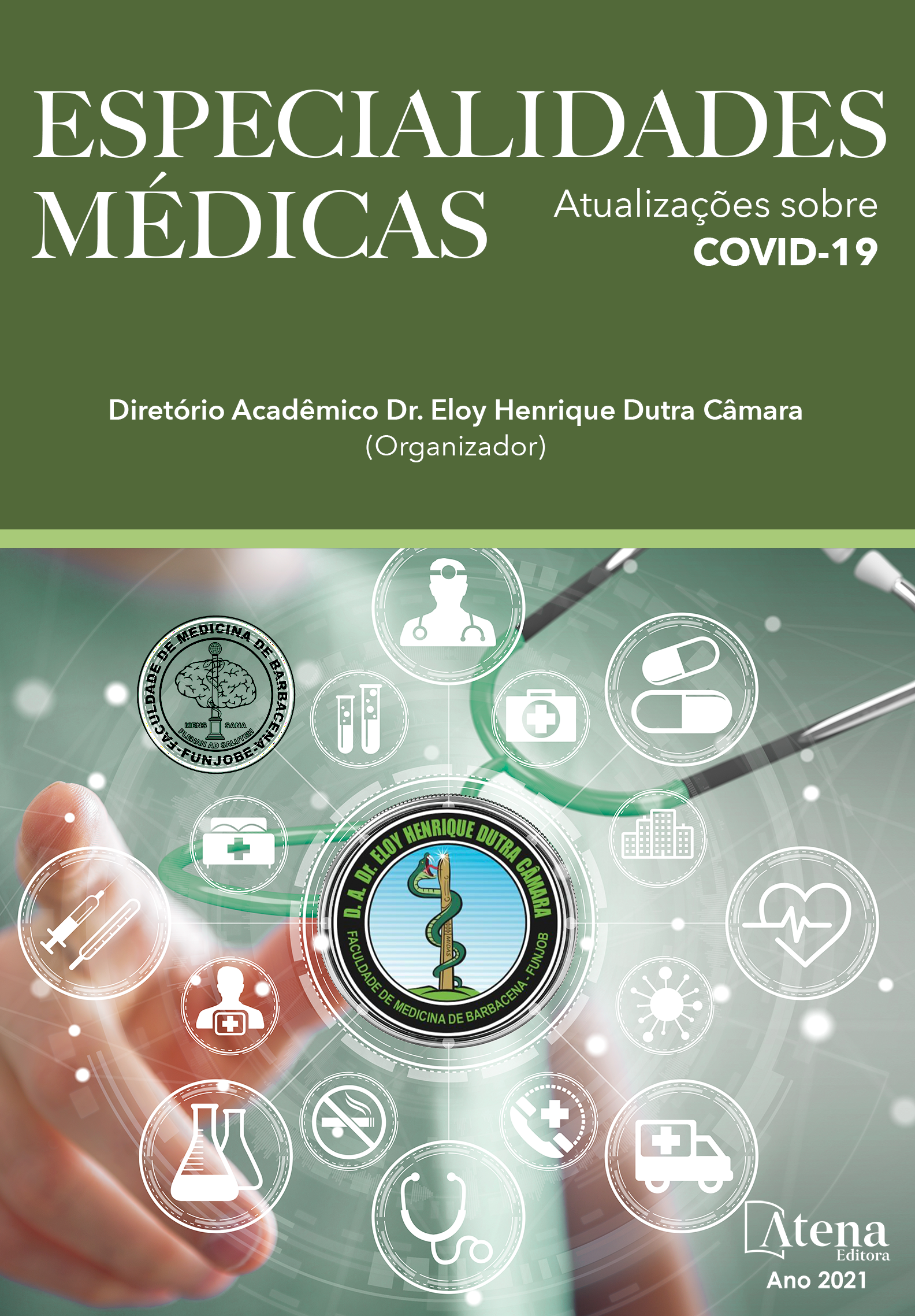
TESTES DIAGNÓSTICOS PARA A COVID-19
O diagnóstico da COVID-19 pode ser feito por meio de diferentes testes, os quais apresentam eficácias e indicações específicas. A testagem por RT-PCR ou teste molecular é considerado o padrão ouro para o diagnóstico da COVID-19. Além desse teste, o diagnóstico ainda pode ser realizado com a pesquisa de antígenos do SARS-CoV-2 ou anticorpos IgA, IgM e/ou IgG do paciente contra o vírus. Revisar e atualizar a literatura sobre os principais testes usados para o diagnóstico da COVID-19. Análise qualitativa de artigos e manuais sobre os testes utilizados no diagnóstico da COVID-19. O teste RT-PCR para identificação de SARS-CoV-2 é um teste de alta sensibilidade e especificidade, de maneira geral, alcançando sensibilidade superior a 85% e especificidade superior a 94%. O teste molecular deve ser realizado preferencialmente entre o 3º ao 8º dia do início dos sintomas. Já os testes sorológicos medem a quantidade de anticorpos (IgA, IgG e IgM) que o organismo produz quando entra em contato com um invasor, e suas indicações são somente para inquérito epidemiológico, devendo ser utilizados preferencialmente após 14 dias do início dos sintomas, onde apresentam maior especificidade para reconhecimento dos anticorpos. Ainda, podem ser utilizados testes com pesquisa de antígeno em swab nasofaríngeo para SARS-CoV-2, que apresentam dados de sensibilidade e especificidade bem próximos ao RT-PCR. O RT-PCR é o teste padrão ouro para determinar a presença do vírus no paciente, no entanto faz-se necessário uma análise individual de cada resultado buscando a interpretação adequada do teste no contexto inserido.
TESTES DIAGNÓSTICOS PARA A COVID-19
-
DOI: 10.22533/at.ed.59421020910
-
Palavras-chave: Diagnóstico. COVID-19. SARS CoV-2. RT-PCR. Sorologia.
-
Keywords: Diagnosis. COVID 19. SARS CoV-2. RT-PCR. Serology.
-
Abstract:
The diagnosis of COVID-19 can be made through different tests, which have specific efficacy and indications. Testing by RT-PCR or molecular testing is considered the gold standard for the diagnosis of COVID-19. In addition to this test, the diagnosis can also be made with the search for SARS-CoV-2 antigens or the patient's IgA, IgM and / or IgG antibodies against the virus. To review and update the literature on the main tests used for the diagnosis of COVID-19. Qualitative analysis of articles and manuals on the tests used in the diagnosis of COVID-19. The RT-PCR test for identification of SARS-CoV-2 is a test with high sensitivity and specificity, in general, reaching sensitivity above 85% and specificity above 94%. The molecular test should preferably be performed between the 3rd to the 8th day of symptom onset. Serological tests, on the other hand, measure the amount of antibodies (IgA, IgG and IgM) that the organism produces when it comes into contact with an invader, and their indications are for epidemiological investigation only, and should be used preferably after 14 days of the onset of symptoms, have greater specificity for recognition of antibodies. In addition, tests with antigen research on nasopharyngeal swab for SARS-CoV-2 can be used, which present sensitivity and specificity data very close to RT-PCR. RT-PCR is the gold standard test to determine the presence of the virus in the patient, however, an individual analysis of each result is necessary, seeking the proper interpretation of the test in the context inserted.
-
Número de páginas: 8
- Luisa Paschoal Prudente
- Matheus Pessoa Soares Oliveira
- Pedro Henrique Emygdio
- Herbert José Fernandes
- Clara dos Reis Aguiar


